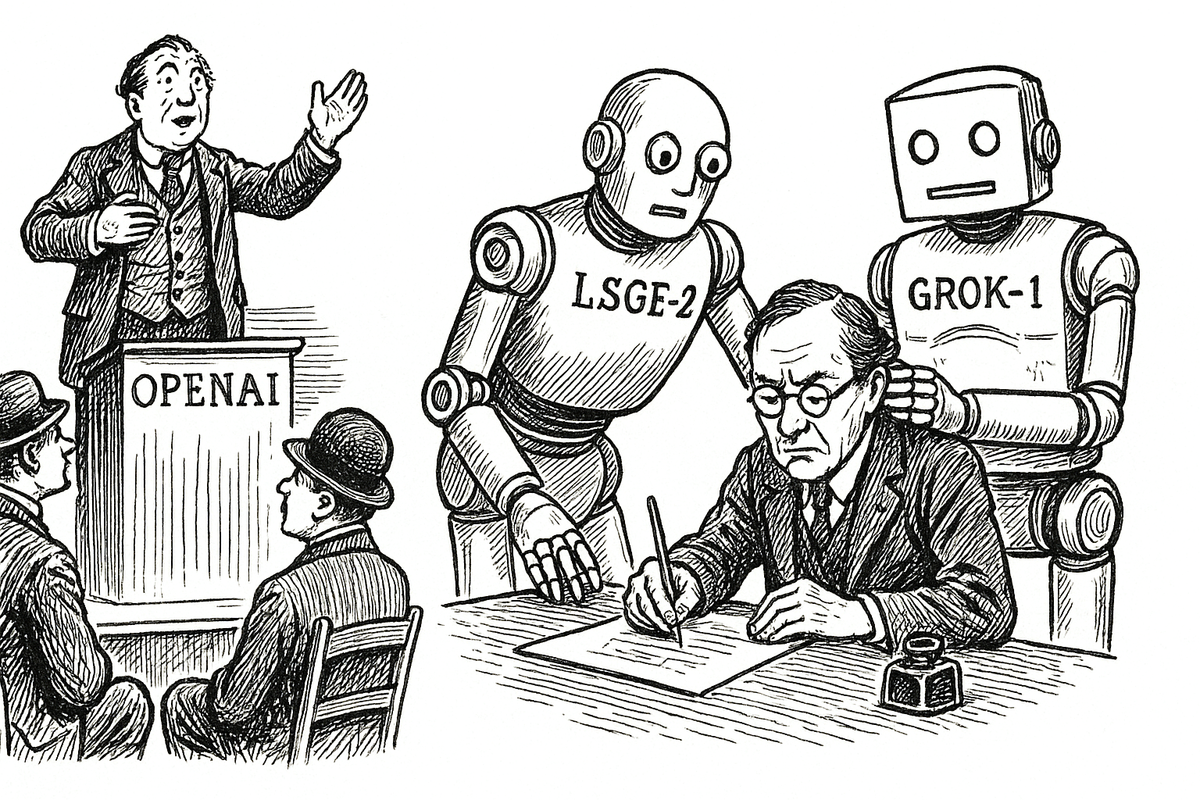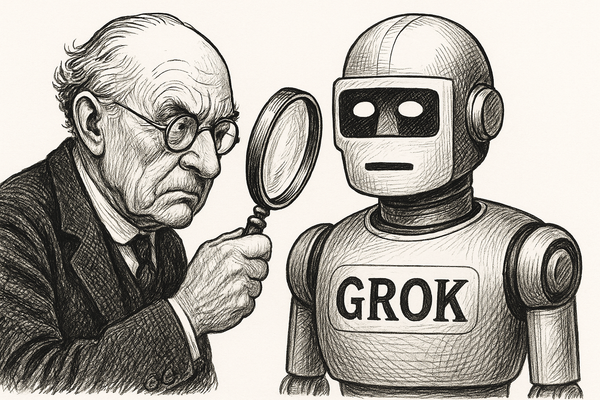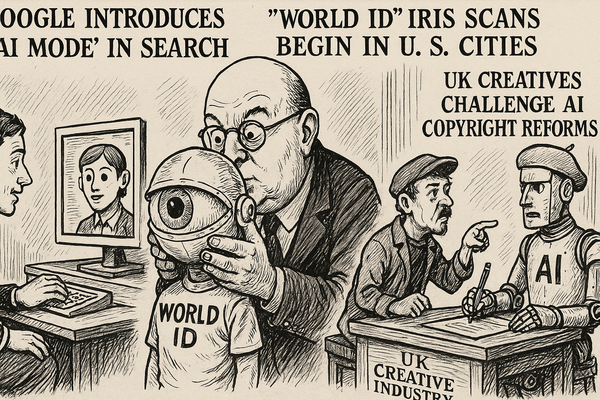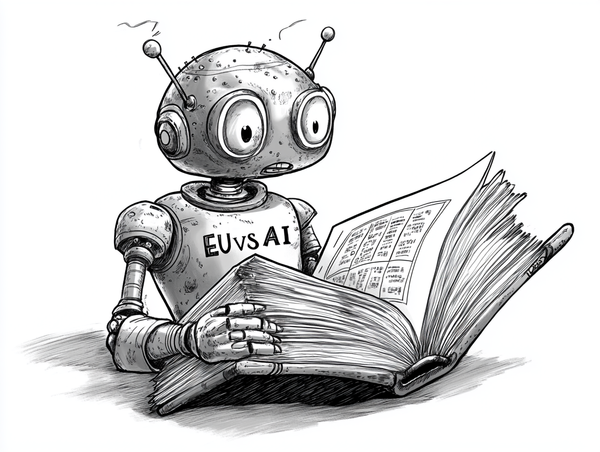AI News, May 27, 2025

1. Salesforce Acquires Informatica to Enhance AI Capabilities
Salesforce has announced the acquisition of data-management software company Informatica in an all-stock deal valued at $8 billion, offering $25 per share. This strategic move aims to strengthen Salesforce’s artificial intelligence (AI) capabilities, particularly its Agentforce platform, amid increasing competition in the generative AI space. Informatica, known for its data classification and cleansing solutions, is seen as a critical asset to enhance Salesforce's AI initiatives by helping companies better manage their proprietary data for AI model training. The acquisition builds on an existing marketing partnership between the two companies. Market response was positive, with Informatica stock rising over 5% premarket and Salesforce stock gaining nearly 1%. Analysts suggest regulatory approval is likely, and the deal could drive a modest 1% revenue boost from AI products in Salesforce’s fiscal 2026. Salesforce has been transitioning its focus from AI copilots to autonomous AI agents capable of performing complex tasks, as showcased by its Agentforce and the Digital Labor Platform introduced in late 2024. Salesforce stock had declined 17% in 2025 prior to the announcement, while Informatica was down 11%. Investor's Business Daily
2. Telstra Plans Workforce Reduction Amid AI Integration
Telstra announced plans to reduce its workforce by 2030 due to efficiencies gained through artificial intelligence (AI), particularly in customer service, software development, and autonomous AI agent usage. CEO Vicki Brady emphasized AI's transformative potential, noting that its growing sophistication marks a significant shift in operations. Although agentic AI, which can operate autonomously, has not yet been deployed, Telstra expects to integrate it alongside staff in the coming months, although not directly with customers for now.The Guardian
Chief Financial Officer Michael Ackland highlighted potential AI-driven cost reductions in customer engagement, billing, and IT, citing over $2 billion annually in operating costs and over $1 billion in IT and software development spending that could benefit from AI advancements. While no specific job cut figures were provided, Telstra employed over 31,000 full-time staff as of December 2024.The Guardian
The announcement was part of Telstra's Connected Future 30 strategy, aiming for global leadership in AI maturity and employee engagement by 2030. Although other industry leaders also foresee AI transforming telecommunications, analysts caution that expected productivity gains may not yet justify large-scale job reductions. The Guardian
3. Japanese Startup Monoya Uses AI to Overcome Trade Barriers
Japanese startup Monoya is leveraging artificial intelligence to overcome trade, language, and cultural barriers, providing a potential business model for small enterprises seeking access to the U.S. market amidst rising international commerce challenges. Founded in late 2024, Monoya specializes in wholesaling Japanese artisan goods to the global home goods sector. On May 27, 2025, the company introduced Monoya Connect, an AI-powered sourcing platform aimed at streamlining connections between buyers and sellers. While founder Shimada acknowledges AI's current limitations, the focus remains on utilizing the technology as a facilitative tool rather than promoting it as an end in itself. Monoya's innovation emerges at a time when U.S. tariffs are at their highest in nearly a century, presenting significant hurdles for global trade. Despite these pressures, Shimada believes that Japanese artisans can continue to serve as valuable contributors to major U.S. brands through this AI-enhanced platform. Axios




